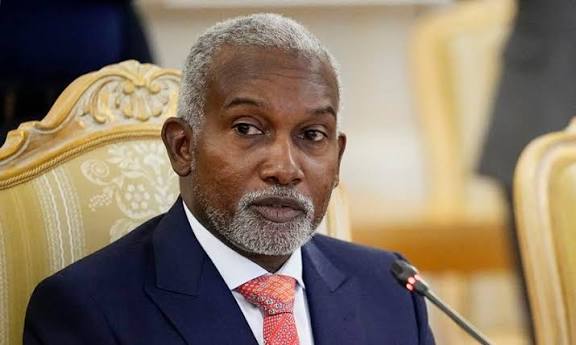Okunbor spoke while delivering the 51st Founders’ Day Lecture of the University of Benin, titled, “The Global Energy Transition and The Imperatives for Nigeria.” He called for an urgent optimisation of Nigeria’s energy resources for speedy economic and industrial development of the country.
He said, “Nigeria has gas in abundance – around 202 trillion cubic feet of proven gas reserves and about 600 trillion cubic feet of unproven reserves. Harnessing these vast gas resources, and on time too, is key in the next decade of Nigeria’s existence.”
According to him, the second approach for Nigeria’s successful energy transition would be an intentional growth of the off-grid power and renewables industry taking advantage of foreign financial support and technology transfer.
Okunbor stated, “The on-going energy transition is here with us. As with other transitions, it is a journey that will involve multiple approaches, collective action and undoubtedly present new challenges and opportunities.
“Nigeria is well positioned to ride the wave of the current energy transition with its abundance of natural fossil fuels and renewable solar energy. We need to move with a greater sense of urgency and a clear sense of direction.”
Okunbor, who is also the Managing Director of The Shell Petroleum Development Company of Nigeria Limited (SPDC), said, “Nigeria, as a country with abundant natural fossil fuel resources, cannot afford for international and multilateral agencies to stop funding the development of fossil fuels, particularly gas projects.
“The transition is underway,” Okunbor said, “but it will move at different paces and produce different outcomes in different countries, depending on local factors. Society, as a whole, faces a dual challenge to transition to a low-carbon energy future, dealing with how to manage the risk of climate change, while also extending the benefits of energy to everyone on the planet. This is a challenge that requires changes in the way energy is produced, used and made accessible to people.”
Despite the efforts at decarbonisation, Okunbor said oil and gas would remain in the energy mix for some decades to come. He said, “This is partly a consequence of the time needed for renewables to reach the necessary level of materiality. In part, it is also a consequence of the lack of substitution options in some parts of the economy. But the world will need to meet its energy needs at the same time as it tackles climate change.”
He noted that to make the federal government’s ”Decade of Gas” agenda a success, the country would need to unlock the domestic gas-to-power value chain; accelerate infrastructure development; drive gas-based industrialisation; and deepen domestic liquefied petroleum gas penetration.



















